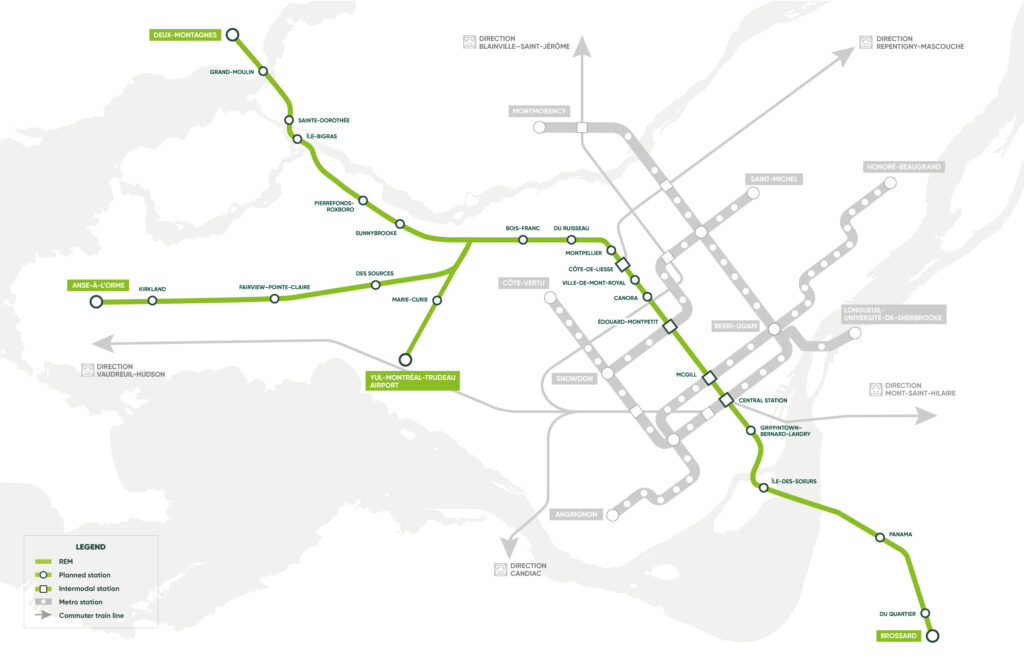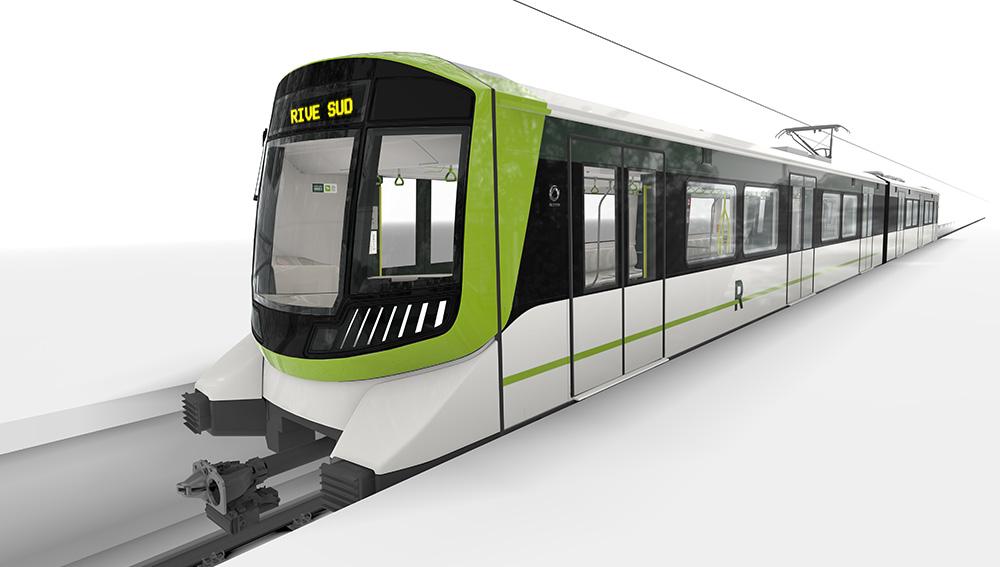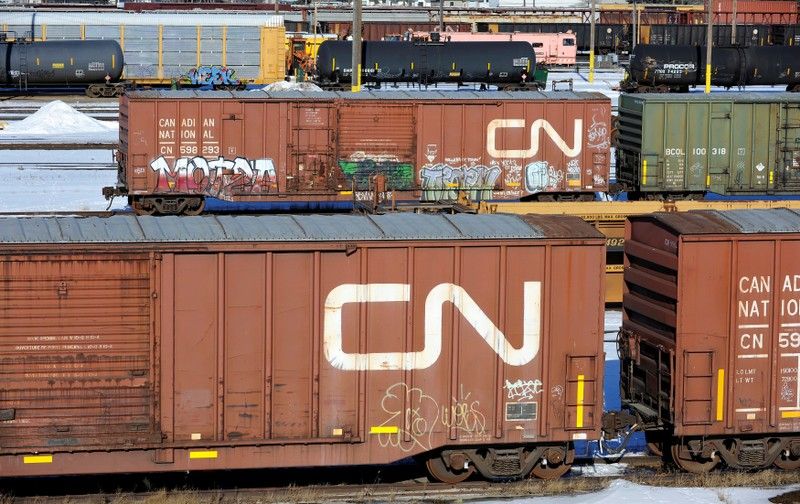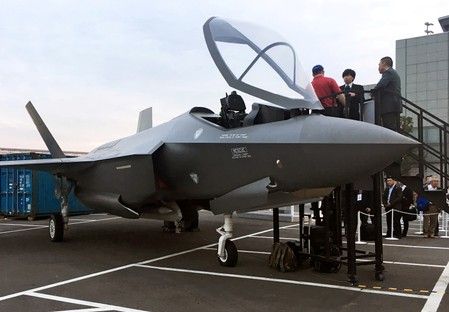July 28, 2023 – The Groupe PMM consortium led by Alstom (OTC: ALSMY), Groupe des partenaires pour la mobilité des Montréalais, participated in the inauguration hosted by its customer, CDPQ Infra, of the first segment of Réseau express métropolitain (REM), a new automated urban rail system, which connects Brossard on Montreal’s South Shore with Montreal’s Central Station. Upon completion, REM will be one of the world’s largest automated transport networks – 67 kilometres long with 26 stations – connecting downtown Montreal to the South Shore, the North Shore, the West Island and Pierre Elliott Trudeau International Airport, it will provide rapid service with trains arriving every 3 minutes 45 seconds during peak hours and operate 20 hours a day.
Groupe PMM provided REM with a complete driverless, automated metro system, including rolling stock and signalling, and will operate and maintain the entire 67-kilometre system for 30 years. The first segment, between Brossard and Montreal’s Central Station, spans 17 kilometres and includes five (5) stations equipped with a system of platform screen doors installed by Alstom, a first in Quebec. Eighty (80) Metropolis metro cars will be operated on this segment, which will enter commercial service on July 31st.
The event was held in the presence of Justin Trudeau, Prime Minister of Canada, François Legault, Premier of Quebec, Valérie Plante, Mayor of Montreal, Charles Émond, President and CEO of the Caisse de dépôt et placement du Québec, Jean-Marc Arbaud, CEO of CDPQ Infra, Henri Poupart-Lafarge, Chairman and CEO of Alstom, Michael Keroullé, President of the Americas region for Alstom and Jean-Michel Morvan, Director of the Groupe PMM consortium.
Under the terms of the contract, Groupe PMM will supply 212 Alstom Metropolis metro cars (106 two-car trainsets), Alstom’s Urbalis GoA4 (Grade of Automation 4) driverless and automated communications-based train control (CBTC) solution, and Alstom’s Iconis control centre solution, as well as platform screen doors, Wi-Fi connectivity, cybersecurity, depot equipment and 30 years of operations and maintenance services, including HealthHubTM for predictive maintenance and fleet management. Groupe PMM is also responsible for train and system integration tests.




